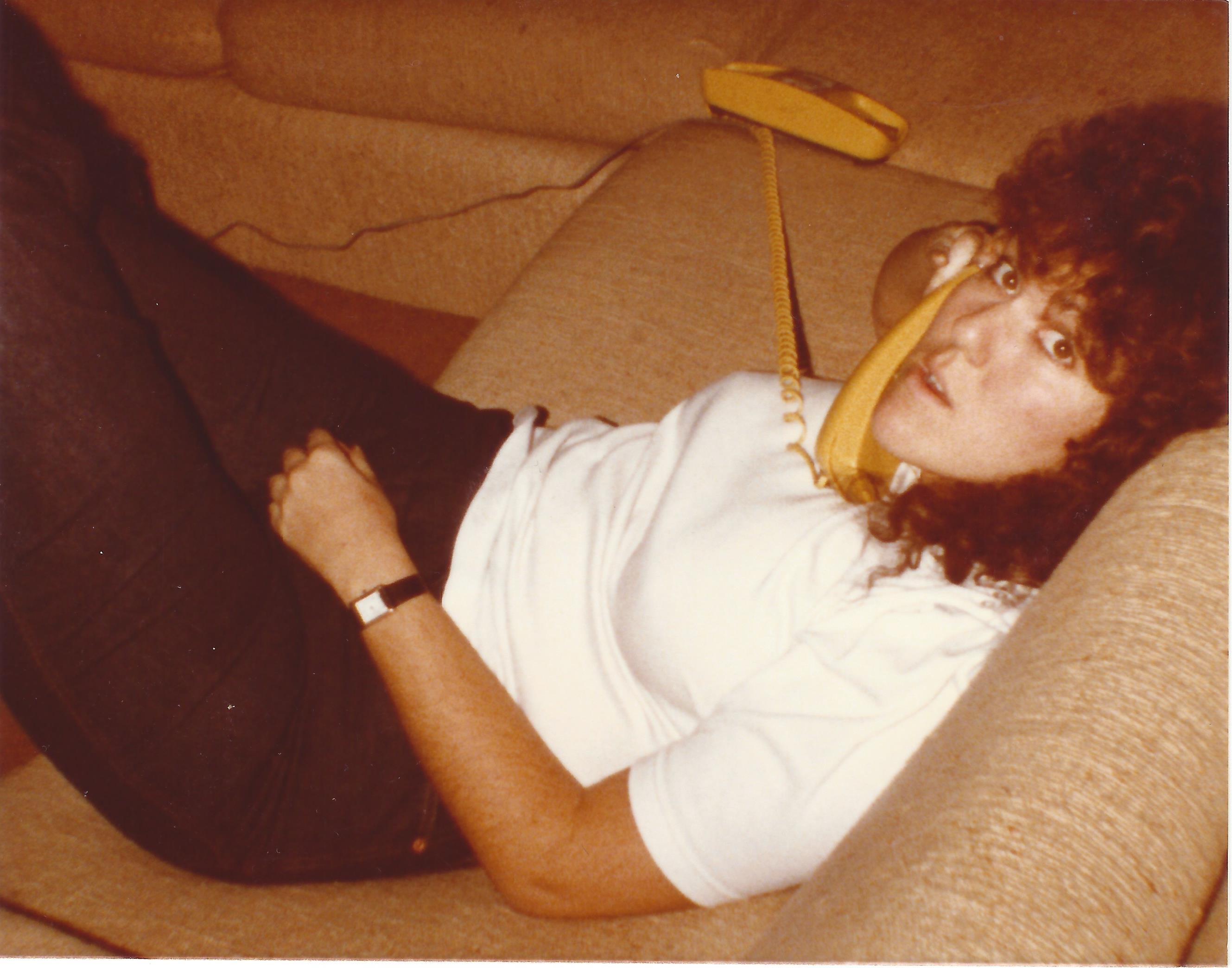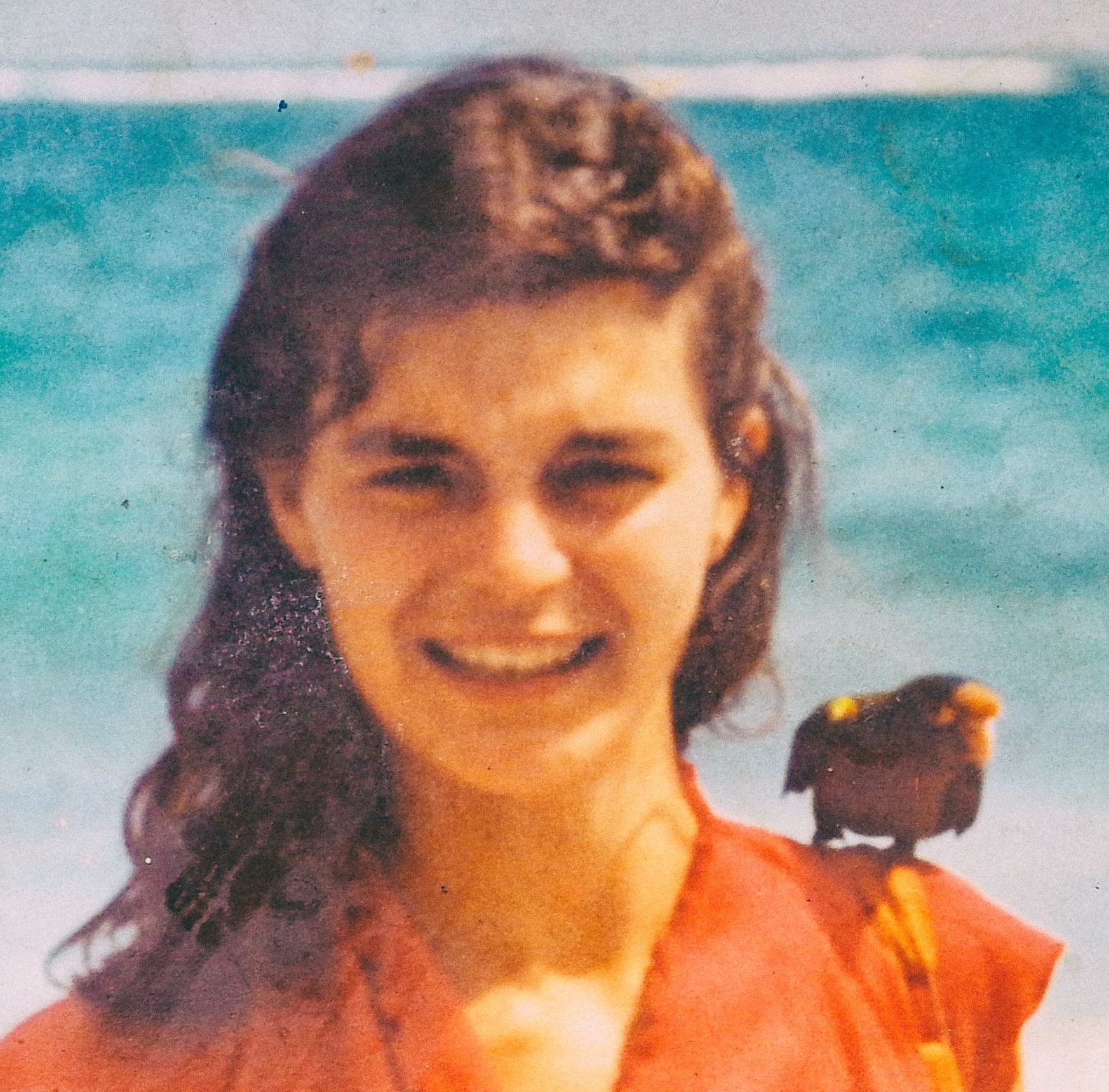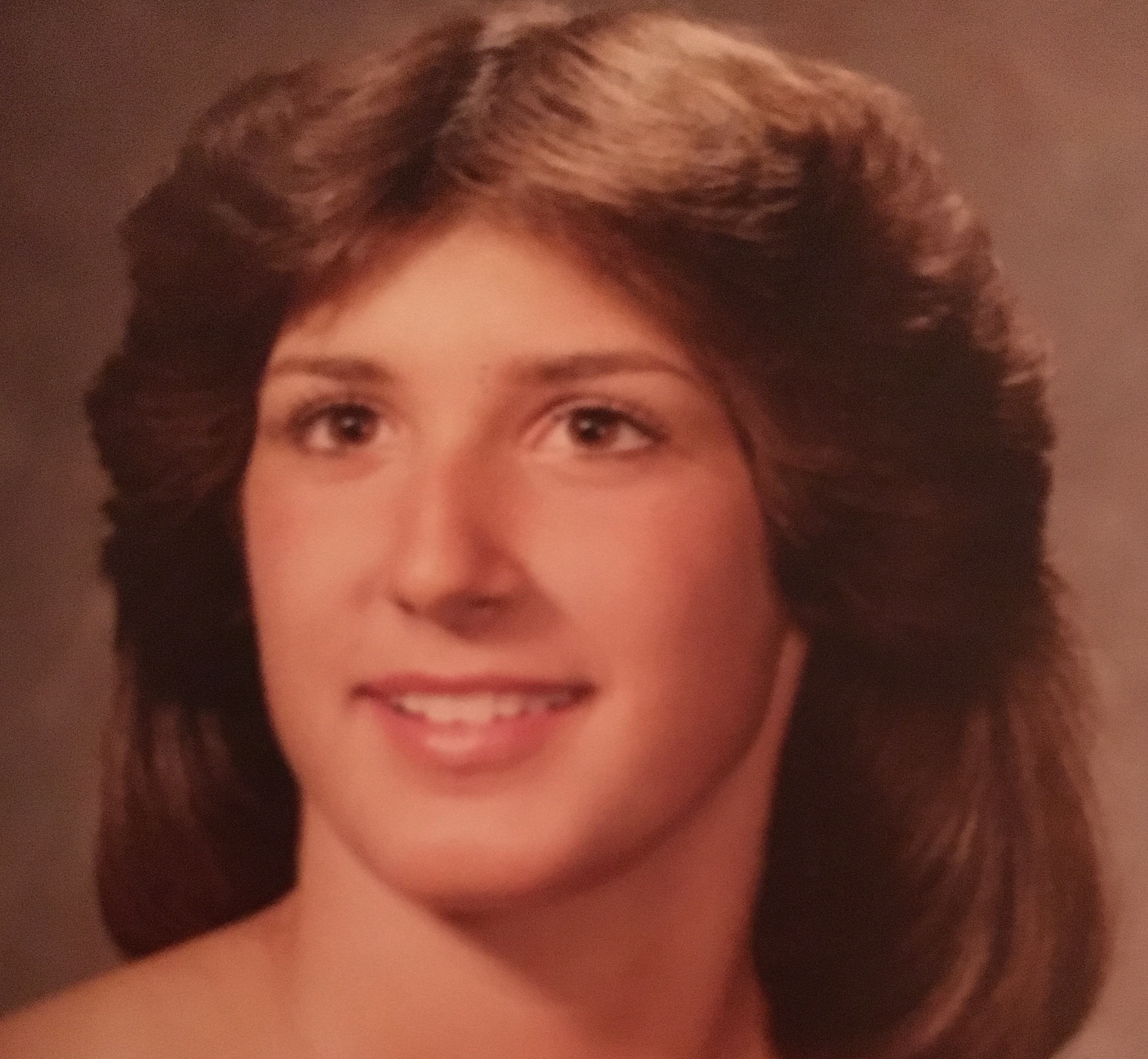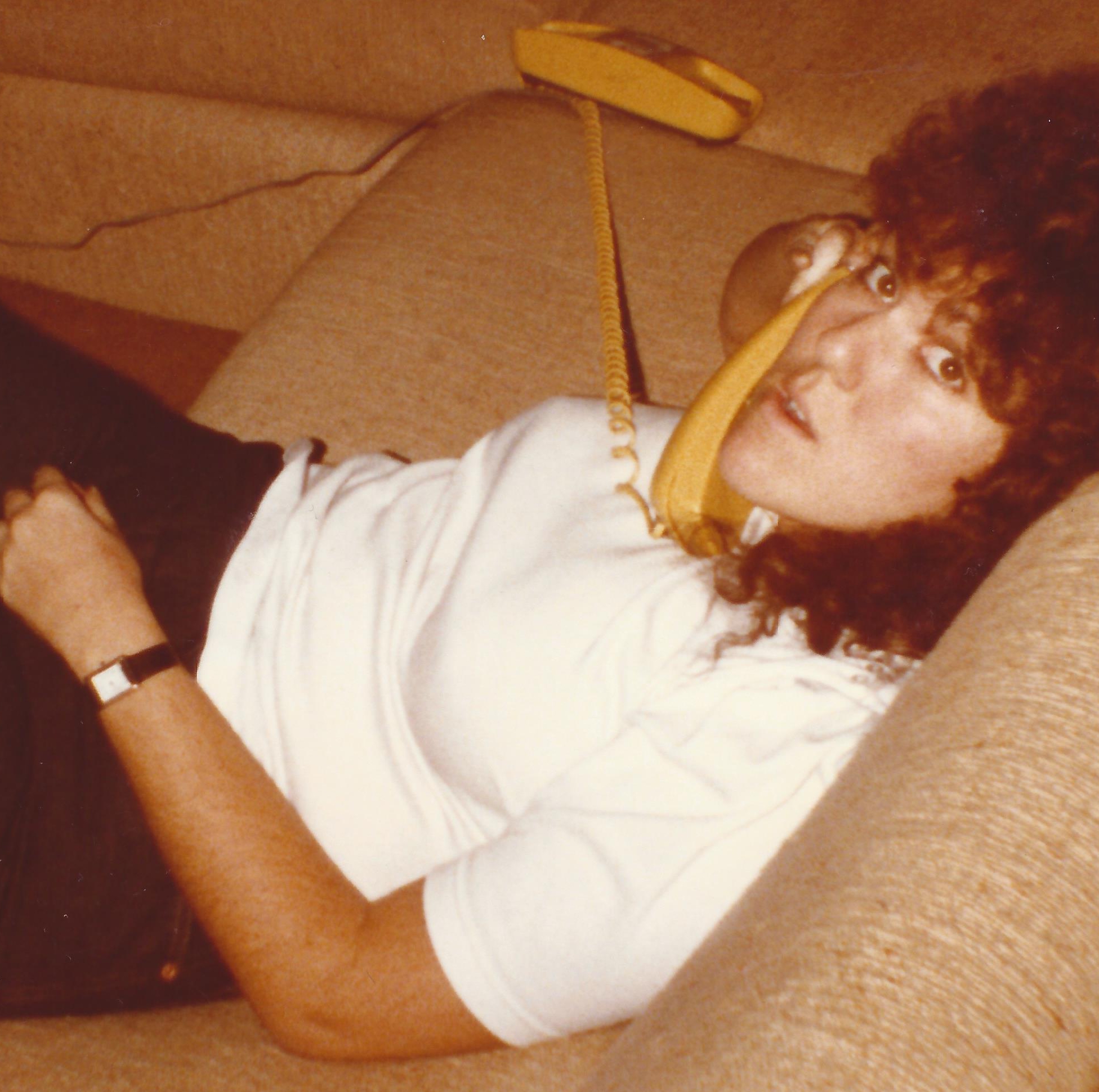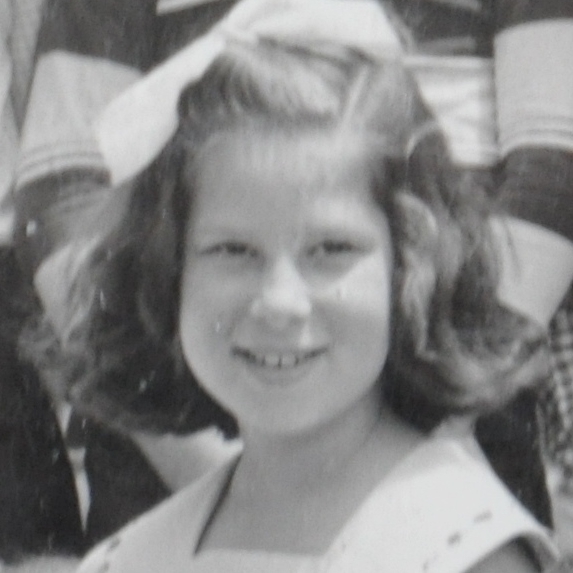I’m sitting in the overstuffed chair at my marriage counselor’s office. It’s 1988, I’m 28, and my husband and I, despite only being married for two and a half years, have been coming here for ten months. Ten very long months. Months that started in springtime and have now descended into a very bleak, never-ending winter, both literally and figuratively. Instead of moving forward, our marriage counseling progress can be more easily tracked backwards, with each session unearthing new problems instead of resolving the ones we already have.
Each session is marked by two certainties: Ron, my husband, will use up half of our allotted time arguing with the therapist about something minuscule to try to prove he’s smarter than her, and we will both insist in some crazed, cheery way, that despite all our problems, we are in love. Like our first session, where Ron needed to establish the diagnosis, since he and I both worked in insurance. The first words he said to the counselor were argumentative.
“You do understand that I only want a diagnosis of Anxiety used for these bills?”
“Yes, Ron. Why?” she responded calmly.
“Well, it’s well-known in the insurance industry that if you’re diagnosed with Depression that it becomes a black mark on your record and you can never get insurance again.”
“Do you think you suffer from Depression, Ron?” she asked.
“No, of course not. Why do you ask?”
“Well, you mentioned Depression.”
“It’s just very important to me that we get the diagnosis established correctly. And also, I don’t want this billed as marriage counseling because I’m sure our insurance won’t pay that. Just bill it as individual psychotherapy.”
The marriage counselor nodded her head, humoring Ron as he used up half of our first session discussing various issues of what he would and wouldn’t allow as far as the billing went.
When he finally allowed her to begin she asked us for a quick recap of our histories. I’m Jewish, he’s Catholic. I’m one of seven sisters; he’s an only child. We were both college-educated, Ron with a law degree he refused to use, saying that he always wanted to be a claims adjuster, that he found the job very exciting and intellectually stimulating and doesn’t plan to ever practice law. I explained that I’d majored in History but that I worked as an adjuster too, a career Ron had recommended for me.
Then the counselor inquired about our sex life.
I had a moment of panic. We were going to talk about sex? Most of the sex I’d had in my life had been with boyfriends before Ron, not Ron. Maybe I didn’t expect sex to come up in our counseling because it was barely part of our marriage.
She didn’t exactly ask us how our sex life was; she assumed we had one. She asked, “How often are you having sex?”
Ron was suddenly frozen on his chair across from me on the couch. Since we’d met he’d never been able to talk about sex at all, maybe a vestige of his Catholic school background. He had only two expressions of it: claiming experience when he was a virgin and fury that I was not.
I thought I’d better exaggerate so we wouldn’t look bad.
“I guess we have sex about once a month,” I said. We actually had sex about twice a year.
The counselor opened her eyes wide and asked Ron for his assessment. He was speechless for a moment and then he waved his hand in my direction, waving at my overweight body, motioning towards me in that dark and gloomy room and said, “Why would I want to have sex with her when she looks like that?”
The counselor said, “Bullshit, Ron. Twenty-nine-year-old men need sex no matter what.” And then, “I can see your sex life needs a lot of work so my recommendation is that you suspend your sex life as it is and instead do sex homework I’ll give you each week so that you can start at the beginning. You’ll start with kissing and back massages. Do you understand?”
We both nodded our assent. At the end of the session she asked, “Do you both want to work on your marriage?” and suddenly Ron and I were of one mind, already holding hands, a little shaken by the counseling session, the counselor suddenly our mutual enemy. One of us said, “Of course. We’re in love.”
It was amazing how quickly a week could go between those Wednesday counseling sessions. Each Tuesday night Ron and I would suddenly look at each other and we’d say, “Oh no, we forgot to do our homework.” Kissing and back massages had never come up all week. And then we’d rush to do it like cramming the night before an exam in college, hurriedly and unenthusiastically kissing with our mouths closed like relatives.
Out of sheer desperation, or maybe sheer boredom, at the ten month mark, the counselor finally requests to meet with us separately, first with Ron and then with me. Today is my meeting.
I’m expecting us to dance around the topics at hand, maybe mosey up to them, shy away from them, and then, over the course of our hour, get incrementally closer and closer to our core topics. I’m expecting a gentle open, probably because I’m the gentler one in our marriage. Like maybe she’ll start off with an inquiry about my day, or week, or month. Anything.
But instead, she starts off aggressively, with no preamble at all, saying, “Why do you want to stay married?”
I’m taken aback by this odd question. Why do I want to stay married? Isn’t it obvious? I mean, having landed a husband – a hard enough feat – I’m not just going to willingly let go of him. Men weren’t exactly banging down my door when I was single. I believe Ron is literally all I can get. It’s him or spinsterhood. He’ll have to do.
Also, I need to be married; my self-image is married. It’s the 1980s; being married means I’m wanted. If I’m not married, then everyone in the world will know that I’m unwanted and then I’ll have to go on a mad hunt again to find someone to quell my inner voice or all those outer ones.
And besides that, every single person who works with me in my insurance claims office is married; we’ve all moved en masse from dating through engagements, and then from engagements to weddings, and then from our weddings onto purchasing our first homes – all in lockstep formation. Couple after couple after couple. What’s next is not divorce. What’s next is pregnancy. I’m surprised the marriage counselor doesn’t know this. Then baby showers, maternity leaves, and preschool. Not divorce.
Why do I want to stay married?
I pride myself on the whole package: being married, being a homeowner, on our dual-income, Yuppie-thing, even though we’re actually just two very middle-class claims adjusters parking our matching Pintos outside our tiny house each night. I pride myself on the whole perfect image of Ron and me, happy or not, parking our tiny sputtering cars and walking glamorously into our tiny house, swinging our Samsonite briefcases. I’m committed to this marriage; or, at least, I’m committed to the idea of this marriage. I certainly don’t want to start all over.
And what about kids? How am I supposed to have kids if I don’t stick with this marriage?
The truth is that I didn’t completely understand how important it was to pick well when Ron and I started dating. I’d churned through a series of boyfriends, from bad to worse, with the only thing they seemed to have in common was how much they drank or how quickly they’d stop calling. When I met Ron I had one criteria only: that he stay. I’d stopped caring about attraction, about titillation, about similar interests. All I wanted to know was whether he’d call when he said he would. The fact that he didn’t drink and didn’t dump me was almost all I needed.
I wasn’t sure if it was because in my family some of us just had broken pickers when it came to guys or if we just didn’t think much of ourselves. Sometimes it seemed like we were working in reverse order, instead of falling in love and getting married we were falling in marriage and hoping to get in love. On this scale – a scale with no bottom, a scale with a “fill in the blank” where my spouse’s name was to be – wasn’t Ron good enough? How could I possibly know that the wrong marriage could make me shrivel and die a little each day? How could I know how it would feel when I’d come home happy with my work friendships and he’d accuse me of being a phony because I should just be that one Linda that he trapped in the house each night, cooking him dinner, wrapped in his arms on our itchy couch watching game shows and Hawaii 5-0?
It turns out I could ignore anything. I ignored his lack of sexual desire. I ignored his lack of sexual experience and his subterfuge about it. I ignored how our relationship got increasingly tight, like a noose, over the months and years, with Ron expressing suspicion over anyone who needed to come near us, like my mother or sisters. I ignored everything. I ignored how his language changed from, “Oh, a party with your family,” to, “Let’s take separate cars to your family party,” to, “Why do you have to go to the family party,” and finally to, “I prefer your family not drop by because we have something special, just us alone.”
But I was sure my marriage was no worse than all my friends’ marriages. Sometimes I even thought it was better than theirs, like when we traveled to every amusement park on the planet at his insistence, holding hands, his beefy hand squeezing mine tight. That’s what love was. Unlike all those guys I’d dated who were here today and gone tomorrow, Ron was here. He could not be wedged out once here. He wasn’t going anywhere.
Fundamentally unsuited, we fought a lot. We were driving south on a Phoenix mountain road, approaching a curve. It was a Saturday afternoon in 1988 and we were heading out for our usual day to visit his parents and then go to dinner somewhere.
“Where do you want to go to dinner tonight?” He asked me a little warily, maybe belligerently. This was always a sore point.
“How about Monti’s steakhouse?”
“Damn it, Linda!” he hit his hand on the steering wheel. “You know I don’t like Monti’s! Why do you always suggest that?”
“Well, where do you want to go?” I asked, glaring at him.
He suddenly flipped to lovey-dovey Ron, sentimental Ron. He said, “How about Los Olivos?” That was the Mexican restaurant where he’d proposed. It was a loaded suggestion.
“You know I can’t stand Los Olivos, Ron.”
He screeched the car to a halt right there, on the blind curve in the road. He slammed the stick on our dark green ’76 Ford Pinto into neutral, pulled up the parking brake and jumped out, walked around to the side of the road and just started walking away, leaving me in a driverless car stopped in a through travel lane on a curve in the road. I had to think quickly. I flipped on the emergency flashers, climbed over the center console, got into the driver’s seat and began driving.
He was up ahead, stalking along in a great huff apparently enjoying his anger. I drove alongside him, screaming.
“Get in the goddamned car, Ron!”
Finally, after several attempts, he got in. I was in the driver’s seat but there was no doubt who was in the driver’s seat of our relationship.
Following fights like these, I’d plot my escape. I’d go to the bank, open checking and savings accounts in my name only, and then go to an apartment complex and put down a deposit, making sure to ask how long I had to cancel and get a refund. And then I’d go back home, announce what I had done, and sleep alone in our bedroom with him on the couch in the living room. But in the middle of the night he’d skulk in and beg me to stay. Each time I’d say yes. And then I’d go marching back to the apartment complex and cancel the apartment, get my refund and close the new checking and saving accounts.
At first Ron would be a little jittery about each close call so I’d have all the power for a while and forget about the bad times. I couldn’t believe I wanted to leave him! Look how much I would have missed if I’d left! I could barely remember why I’d wanted to. But after a few months he’d start feeling comfortable enough to start fights again, chipping away at me until I was right back where I had been the last time I had opened the new checking and savings accounts, the last time I’d put down a deposit on a new apartment, and I would do it again.
That day, sitting with the marriage counselor, I tell her the biggest reason I want to stay married. I tell her the truth. I say, “I want to have kids. I’m already 28. I can’t get divorced and start looking for someone new.”
Then, leaning back in her chair, she says very quietly, “Linda, you have a better chance of having kids if you divorce Ron than if you stay married.”
This is all I remember about those next few minutes. I remember sitting there in my practical, sensible, claims adjuster clothes: a boring, conservative dress, some beige hose, a pair of practical beige pumps. I remember I didn’t faint, so my blood must not have stopped in my veins. I didn’t actually die. But my mind slowed down to get this straight: I have a better chance of having kids if I divorce Ron, go out looking for another guy for two or three years, and then get married again, than if I stay in my marriage?
“Really?” I ask.
And she says, “He’s not ever going to have kids. He told me that.”
He told her he’s not ever having kids but he told me he was open to having them “later?” Every day, he had been popping out my birth control pills, watching me swallow them, even though we never had sex. How he pretended to agree that we could have one kid but that he wanted to draw up some kind of document ahead of time relinquishing his parental rights. How had I been living with these things but not seeing them?
When I sat down with the marriage counselor that day, I knew a few things absolutely: I knew I was going to stay married no matter what; I knew I was going to get pregnant even though Ron and I never had sex; and I knew I was going to somehow sneak one kid in under Ron’s nose despite the birth control pill container drama every day, despite the idea that he would want to forsake parenthood before a baby was born.
But when I stood up from that session with the marriage counselor that day, stood up from the overstuffed chair, in my practical pumps, in my beige hose, in my boring dress, I knew something very different: I knew my marriage was over.
Linda Pressman is a freelance writer, editor, and author whose work has appeared in Brain Child Magazine, Motherwell Magazine, the Phoenix Jewish News, and on Kveller. She is the author of the prize-winning memoir, Looking Up: A Memoir of Sisters, Survivors and Skokie. She lives in Scottsdale, Arizona where she is working on her second book.
